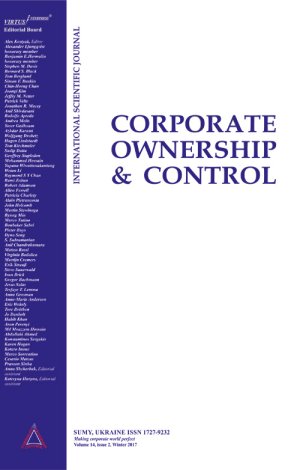
-
 Journal menu
Journal menu

- General information
- Editorial Board and External Reviewers
- Journal Policies
- Publication Ethics and Malpractice Statement
- Instructions for authors
- Paper reviewing
- Article processing charge
- Feedback from stakeholders
- Journal’s Open Access statement
- Order hard copies of the journal
- 50 most cited papers in the journal
VALIDATING THE TECHNOLOGY-ASSISTED SUPPLEMENTAL WORK SCALE (TASW)
Download This ArticleAbstract
The traditional advantage of using Information Communication Technologies (ICTs) to enhance work flexibility also has a drawback of enabling academics to continue working even after regular working hours. This phenomenon has been referred to as technology-assisted supplemental work (TASW). Although TASW enhances academics’ work productively, they also have a negative impact on their family-life. The impact TASW has on academics and on higher education institutions can be understood by measuring the phenomenon properly by using a reliable and valid scale. The aim of this study is too validate a newly developed TASW scale by Fenner and Renn (2010). This study adopted a quantitative research approach and used an online survey to gather data. The sample included academic from a higher education in South Africa (n = 216). The results indicate that the TASW is a valid and reliable measure of technology among the sample of South African academics.
Keywords: Technology-Assisted Supplemental Work (TASW), Information Communication Technologies (ICTs), Work-Life Conflict (WLC), Academics, Higher Education Institution
How to cite this paper: Kotecha, K., Ukpere, W., & Geldenhuys, M. (2015). Validating the technology-assisted supplemental work scale (TASW). Corporate Ownership & Control, 12(2-4), 475-481. https://doi.org/10.22495/cocv12i2c4p7

















